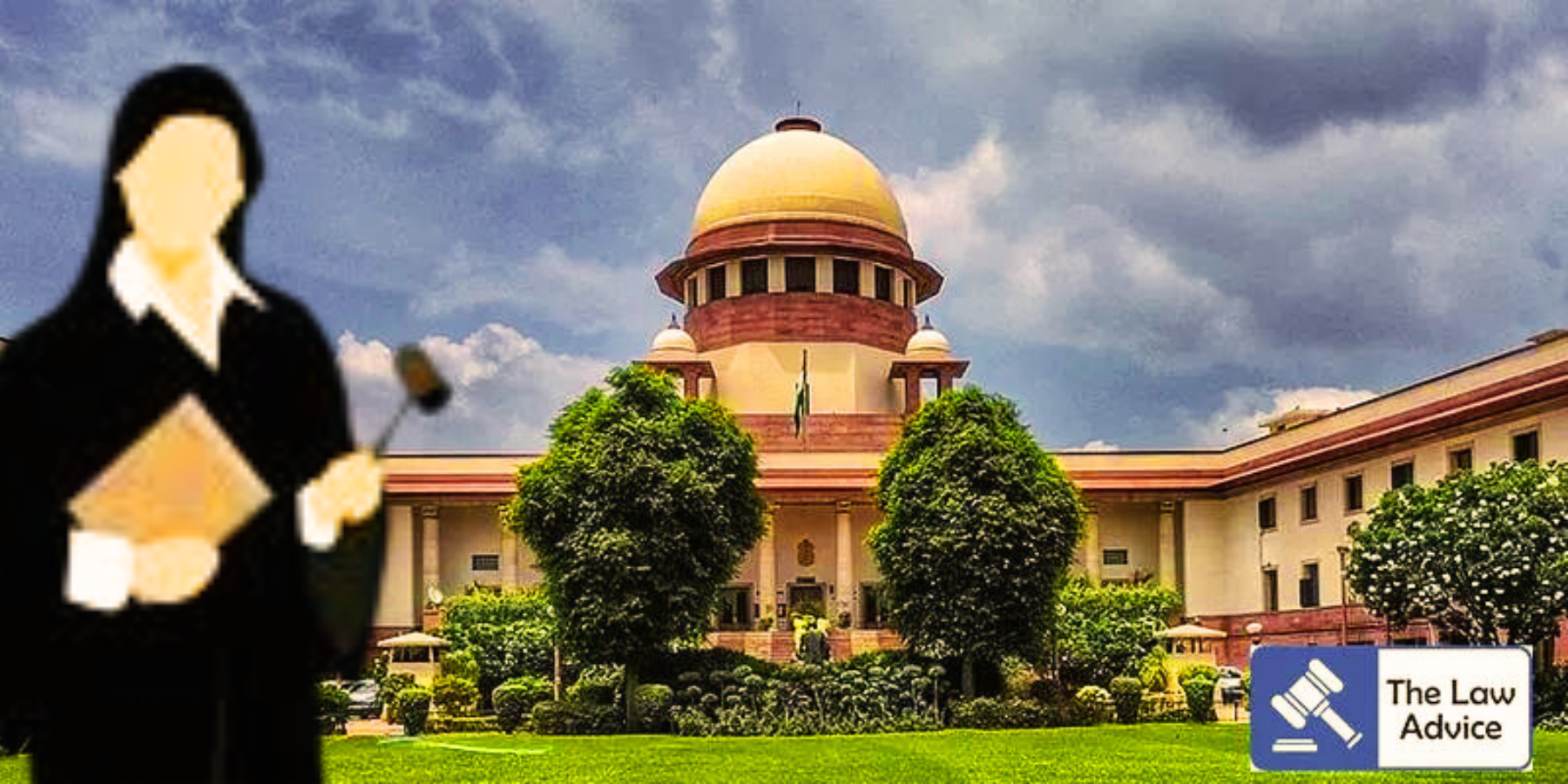
The Supreme Court on Friday refused to entertain a public interest litigation (PIL) filed by the Zep Foundation, a not-for-profit organisation, seeking a blanket ban on social media access for children under 13 years of age.
A bench comprising Justices BR Gavai and AG Masih observed that such matters fall within the domain of government policy and, therefore, declined to issue any directions. However, the Court granted the petitioner the liberty to submit a representation to the Central government regarding the concerns raised.
During the hearing, counsel for the Zep Foundation argued that unrestricted access to social media platforms poses a grave threat to the fundamental rights of children under Article 21 of the Constitution, particularly their right to health, mental well-being, and dignity.
The petition, filed through advocate Mohini Priya, flagged the alarming rise in mental health issues such as anxiety, depression, self-harm, and suicidal tendencies among children due to unchecked digital exposure. It cited a study by Social Media Matters, which found that a significant number of minors spend over five hours daily on social media, engaging with algorithm-driven content that fosters addictive behavior.
The plea described social media platforms as “unmonitored psychological battlegrounds” where children are vulnerable to predatory algorithms, harmful content, and unrealistic comparisons—amplified by the absence of effective regulatory oversight.
Accordingly, the petitioner sought a total prohibition on social media use by children below 13 and made several additional recommendations to safeguard the interests of minors:
Mandatory parental controls for children aged 13–18 accessing social media.
Strict age verification mechanisms, including biometric authentication.
Real-time monitoring tools and content restrictions tailored for child users.
Stringent penalties for platforms that fail to adhere to child safety regulations.
A nationwide digital literacy campaign to educate parents, teachers, and students about the risks of excessive social media usage.
While the Court did not entertain the petition, it left the door open for the petitioner to pursue the issue with the appropriate government authorities.
Website designed, developed and maintained by webexy